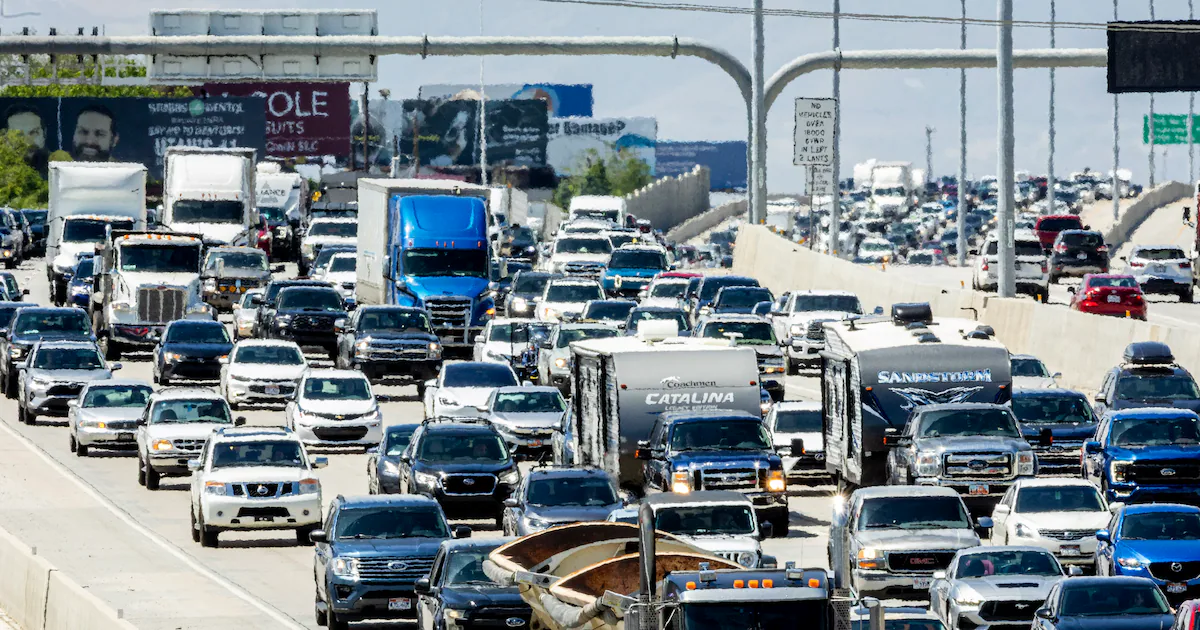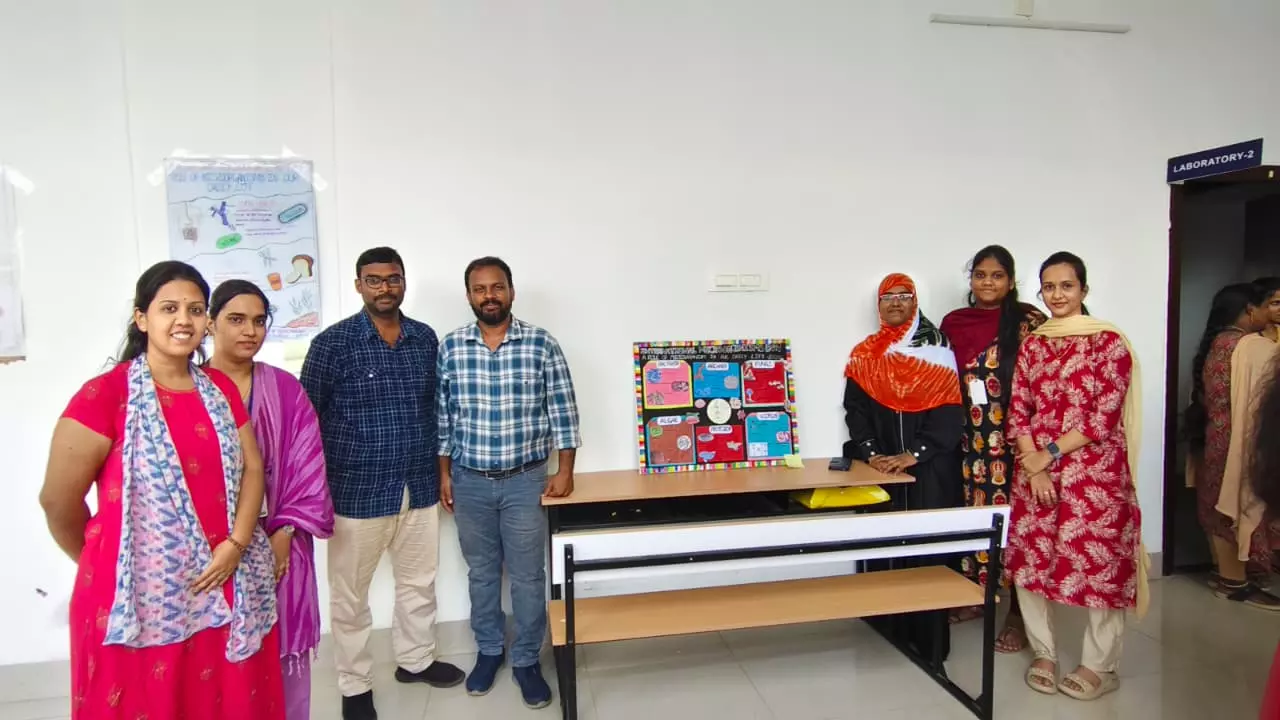
Hosting a second Winter Games in 2034 is “an Olympic-sized opportunity” for the state, according to a new report released Tuesday by the University of Utah’s Kem C. Gardner Policy Institute.
“Few single events in Utah history compare in reach and significance,” states the institute’s second “Keepers of the Flame” report, citing an estimated 15 billion viewer hours of coverage expected during the Olympics and the Paralympics that follow for athletes with disabilities.
That puts pressure on the state to tackle what the report described as “Utah’s Troubling Seven” challenges, just as the 2002 Winter Games pushed officials to deal with problems like I-15 gridlock and the need for more public transportation.
“Even with Utah’s well-documented exceptional economy, our state is changing fast. And even as Utah prospers, serious challenges pose a threat to Utah’s long-term success,” the report warned, but the 2034 Games can serve “as a powerful catalyst to make Utah even better.”
Utah’s seven challenges identified by the institute are:
Housing affordability and homelessness. Housing prices grew faster in Utah than anywhere else in the U.S. from 1991 to 2024, according to the Federal Housing Finance Agency, while the number of Utahns without homes reached a record high this year.
Traffic congestion. Delays on Utah roads between June 2016 and January 2025 grew four times faster than the state’s population, based on six-month moving averages.
Third grade reading proficiency. Considered “a leading indicator for future educational success,” proficiency remains below 50% statewide
College graduation rates. The share of Utah high school graduates enrolling in higher education has dropped in two of the past three years, while half of the state’s eight degree-granting institutions report completion rates below 50%
Water and Great Salt Lake. “Lower water levels put at risk the benefits created by the lake and threaten Utah’s long-term economic, ecological, and human health,” the report said, and “represents one of Utah’s greatest international and national reputational risks”
Energy supply. Utah, like the rest of the country, is facing increased power demands due to growth, energy intensive industries and artificial intelligence, and the need to replace aging plants
Behavioral health. Utah is third in the nation for adults with serious mental illness, and the fourth for those with serious thoughts of suicide, the report said, while the “share of Utah young adults with poor mental health more than doubled in the past 10 years”
Before billions tune into Opening Ceremonies at the University of Utah’s Rice-Eccles Stadium on Feb. 10, 2034, the 44-page report offers starting points to address those challenges, such as creating a statewide community land trust, as “a quick and effective way to lower housing costs” and prioritizing connected autonomous vehicles to ease traffic congestion.
Other “consequential ideas” to be considered are placing reading pros in K-3 classrooms, expanding career-oriented “catalyst centers” into Salt Lake County, conserving up to 500,000 acre-feet of water annually, investing in a state energy research fund, and aligning behavioral health efforts and investments with Utah’s strategic plan.
Insights in the reports that are intended “to help guide Utah and leverage the Games” begin with a call for the state “to lead with dignity,” in “a time of significant polarization and mean-spirited, sometimes even violent, expression and actions.”
Next is tapping in to Utah’s younger generations, followed by focusing on long-term goals at the community level and catalyzing private innovation and investment, possibly through creating an impact fund that could provide both societal benefits and profits.
Utahns stepped up for the 2002 Games, the report noted, with estimated private and public investments in transportation, resorts, venues, housing, hotels and other areas that were made to benefit the 2002 Games add up to $7.25 billion in 2024 dollars.
While about $4 billion of that amount went to rebuild I-15 and add TRAX light rail lines along with other transportation projects, the list also included spending for ski resort and Salt Palace expansions, new hotels and Olympic venues, and a public safety communications system.
Thanks in large part to the work done in the decades before and after 2002, this time around, Utah can claim seven “major achievements in the state’s economic success story,” the report said. Dubbed “Utah’s Magnificent Seven” achievements, they are:
Economic dynamism and diversity. “Utahns have built the most impressive economy in the nation,” the report said, highly diversified with more than double the national average real GDP growth over the past decade
High household income and low poverty. Adjusted for regional price parity, Utah’s 2023 household income ranks the nation’s highest while the state’s three-year average poverty rate from 2021 to 2023 is the lowest, at 6.7%
Upward mobility. Utah is one of only three states nationwide to hit top levels of upward mobility in every county, according to Opportunity Insights at Harvard University estimates
Widespread prosperity. Utah “exhibits the most equal distribution of income in the nation,” according to a Census Bureau measurement
Well-trained and educated workforce. Utah had the nation’s third highest share in 2023 of adults aged 25-64 with postsecondary training, including from trade and technical schools
Fast growing population and youthfulness. Utah’s population increased 18.4% between the 2010 and 2020 censuses, a faster rate than any state in the nation. With a median age of 32.4 in 2024, Utah also has the nation’s youngest population.
Social cohesion. Utah had the highest level of social capital among the state in a 2021 Utah Foundation study of more than 30 measures “in the broad categories of family structure, community participation, and economic mobility.”
The institute’s director, Natalie Gochnour, said the state is positioned to take advantage of another Winter Games.
“The global spotlight of the 2034 Games provides a powerful motivation and deadline for Utah to make strategic investments and pursue innovative solutions to many of our state’s most troubling challenges,” Gochnour said. “By proactively addressing our challenges and building on our strengths, Utah’s Olympic legacy will extend far beyond the Games.”



